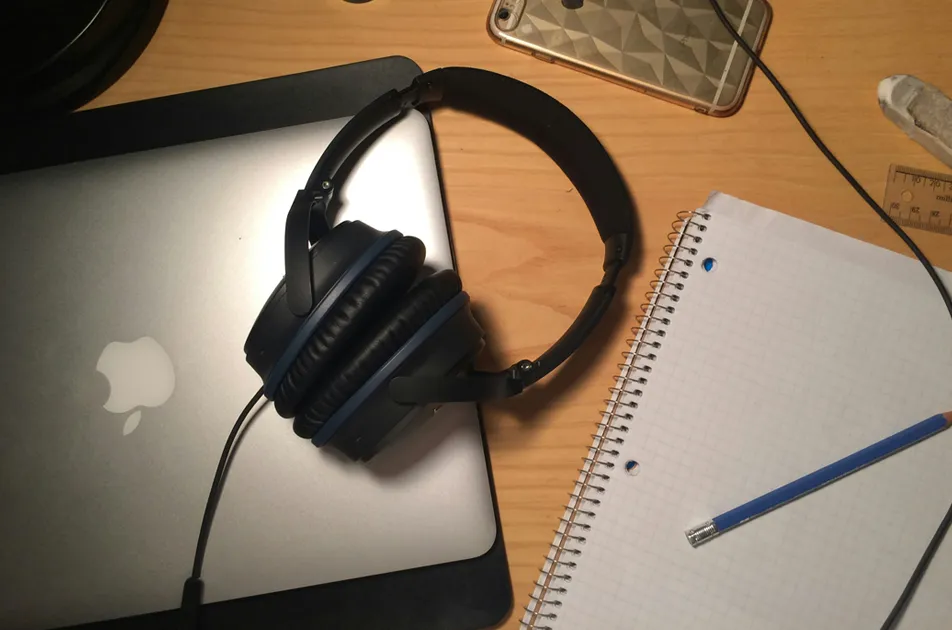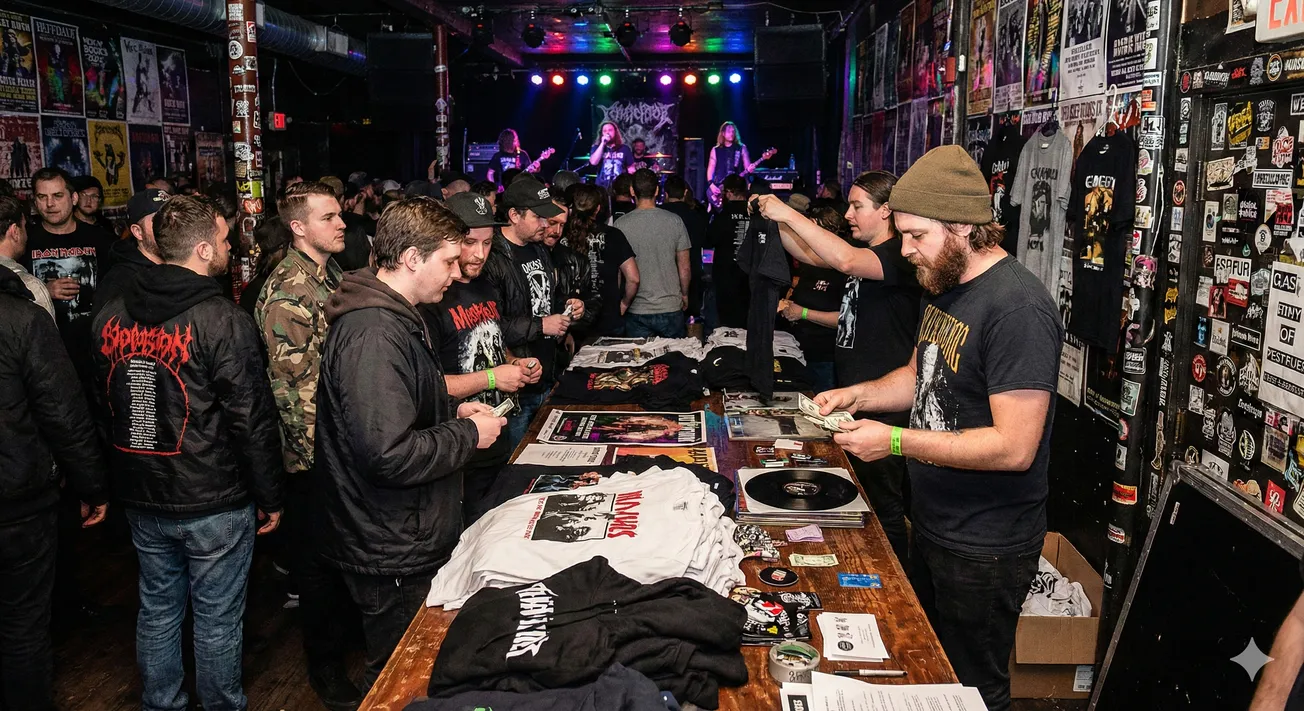What happened?
Of that night, Mike says, “I realized that I’d been in a mental flow state, completely unaware of how I was actually playing.” What he’d thought was a bad night turned out to be one of the high points of his career.The concept of mental flow is sometimes called ‘deep work,’ or being ‘in the zone.’ Mihaly Csikszentmihalyi, author of “Flow,” describes it as “Being completely involved in an activity for its own sake. The ego falls away. Time flies. Every action, movement, and thought follows inevitably from the previous one, like playing jazz. Your whole being is involved, and you’re using your skills to the utmost.”The one tool that Mike credits with helping him find flow and achieve his musical goals? Evernote.Composition and performance: two sides of the same coin
In addition to his career as a performer, Mike is also an accomplished composer. Of the seven tracks on “The Sound of Surprise,” three are his original compositions. It’s an unavoidable part of having a restless, creative mind, he says. “I’m always questioning things. I’m always searching for something. That’s part of who I am.”When the inspiration for a new song strikes, Mike has an unusual method for capturing it. “If I have an idea, and it comes to me while I’m practicing, I’ll record it in Evernote,” he says. “It’s great because it’s quick.”That speed is crucial to his creative process. Jazz is an artform that thrives on immediacy and instantaneous creation. Each solo can become its own melody—indeed, legendary jazz artists such as Charlie Parker and Dizzy Gillespie were renowned for using their improvisations as the seed for entirely new songs.Mike’s philosophy is that the quicker he can capture an idea, the more emotional weight it carries. “The moment it happens is when it comes with the most creative force behind it.”




